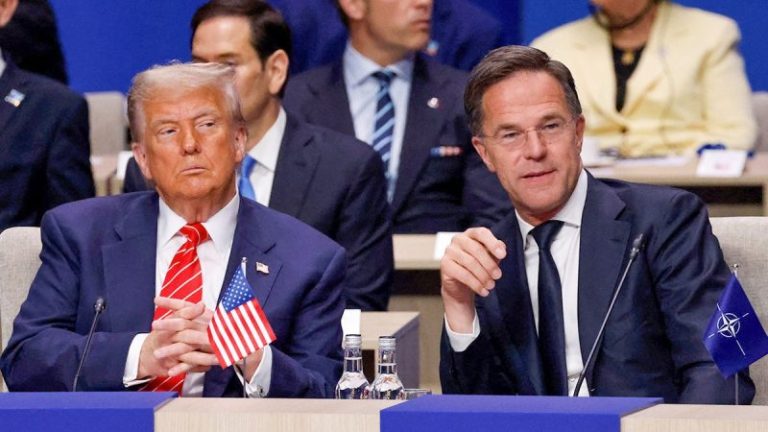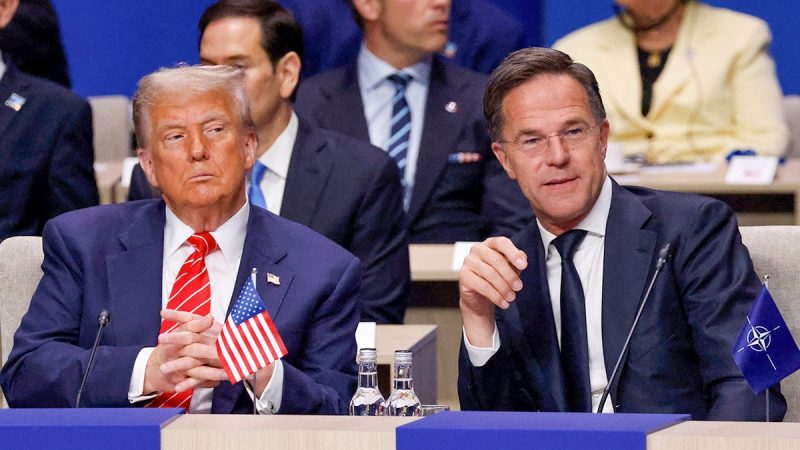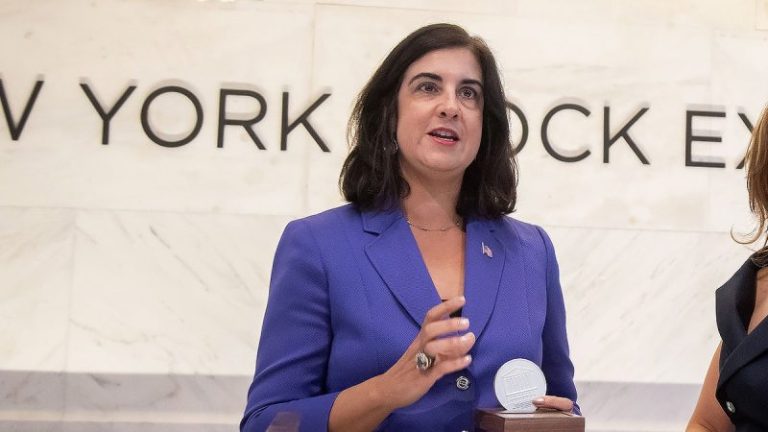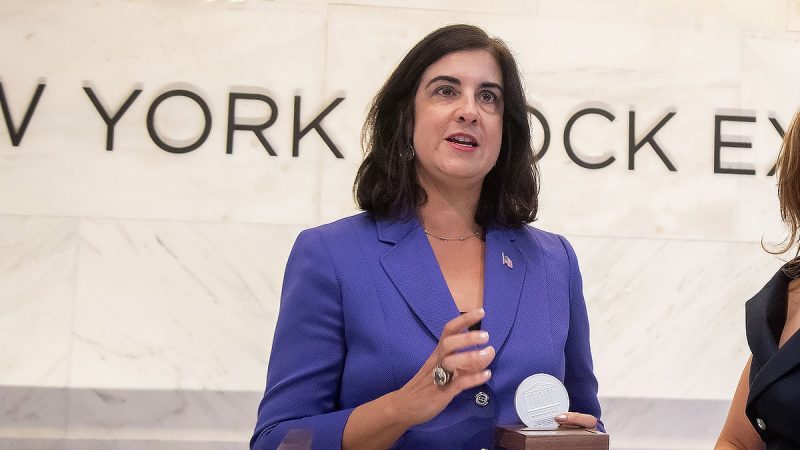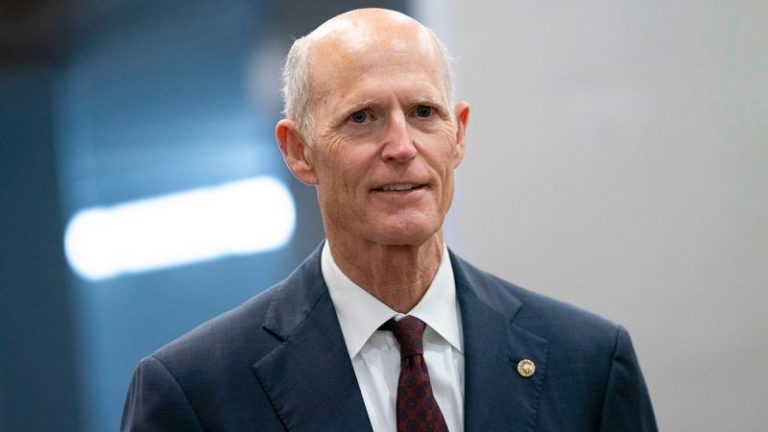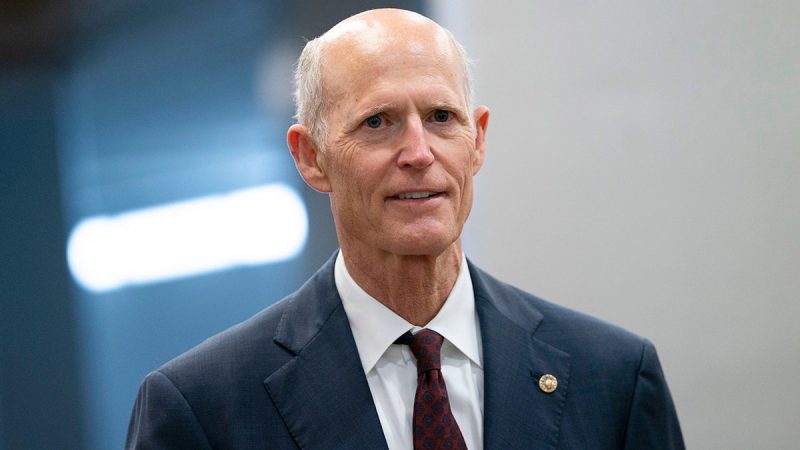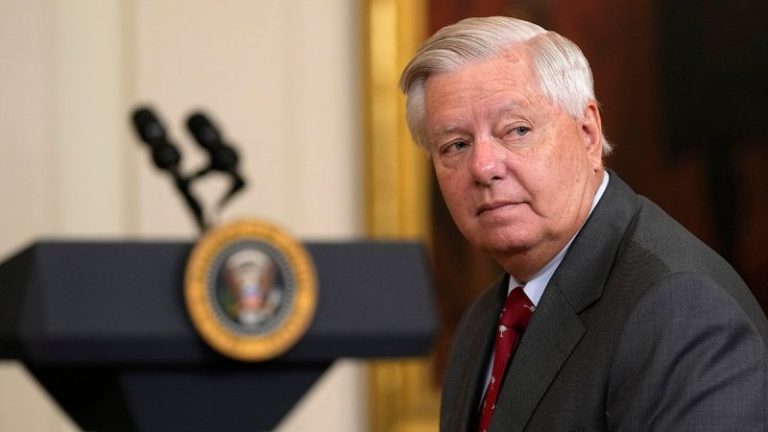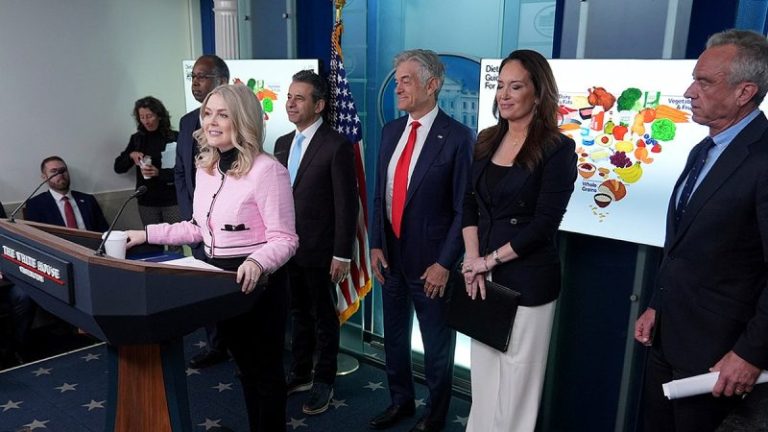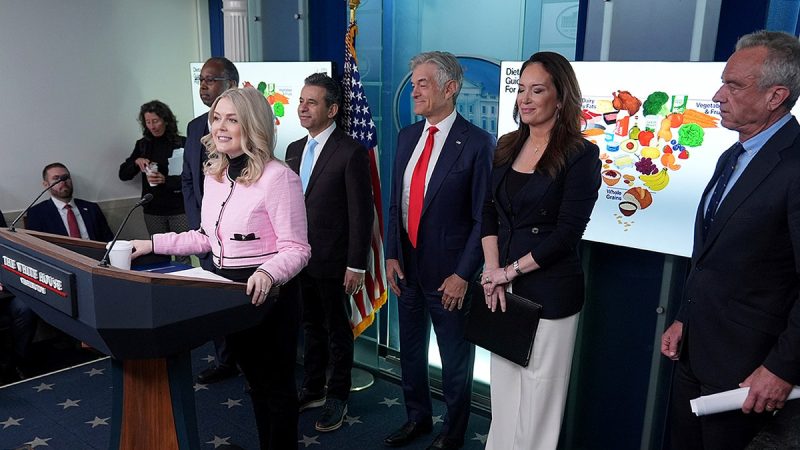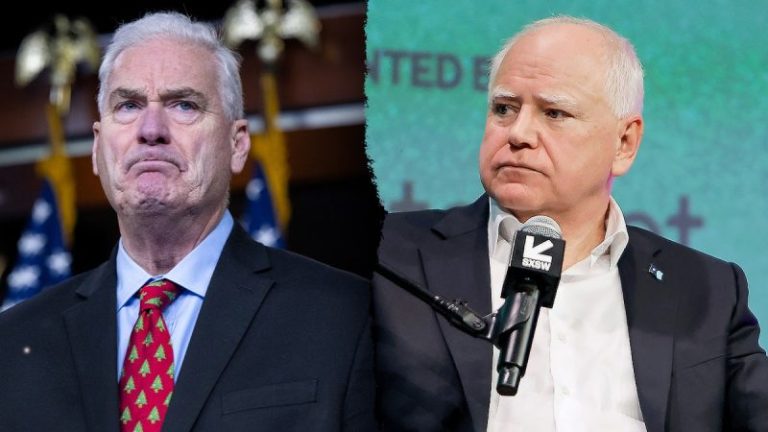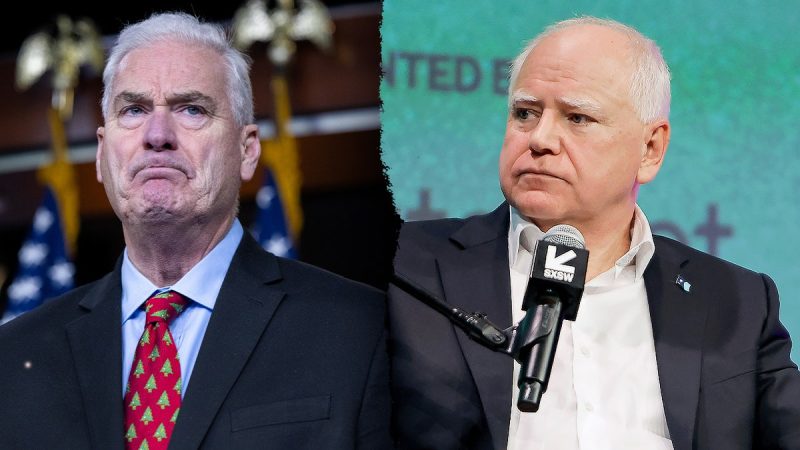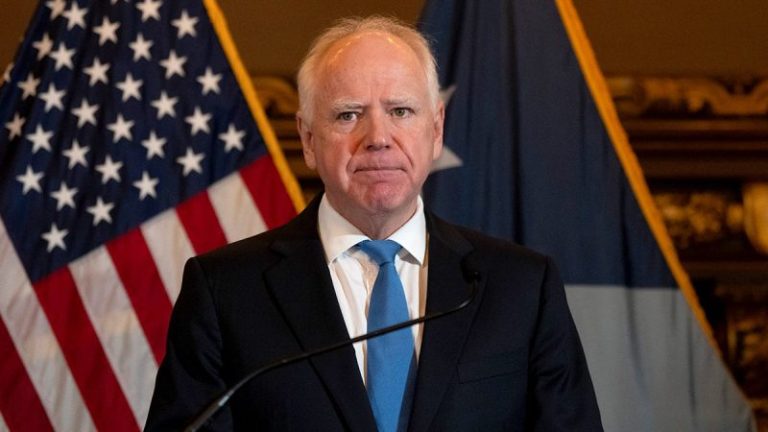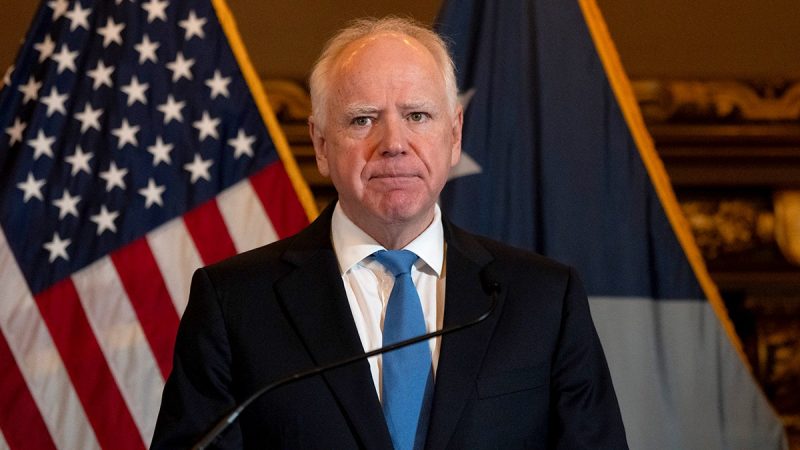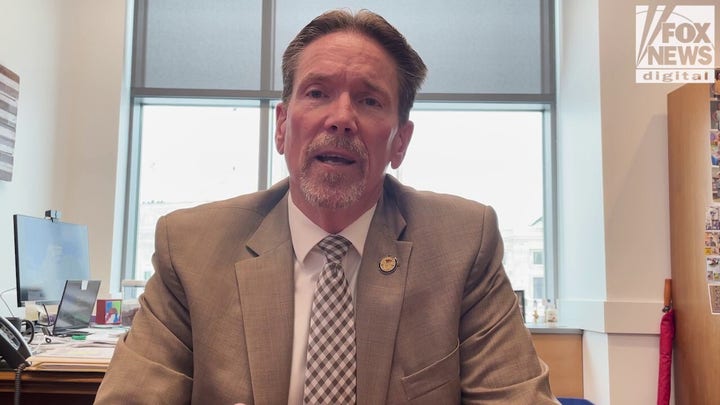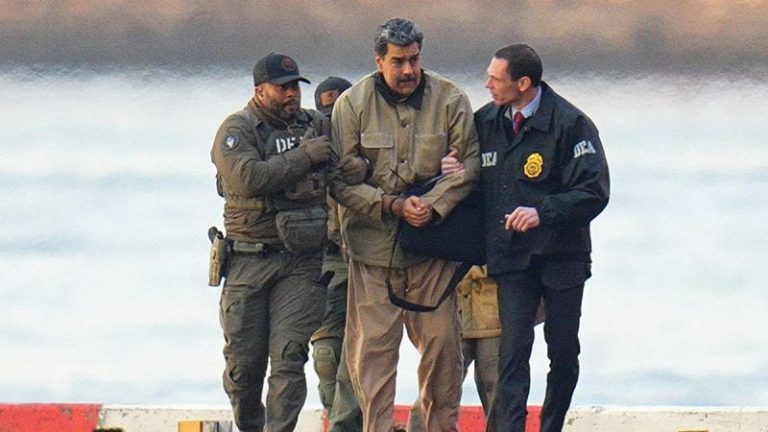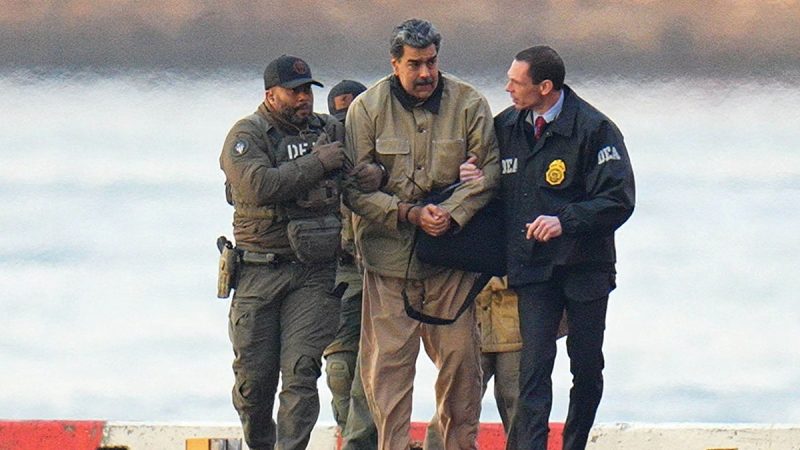
President Donald Trump is again amplifying his push for the U.S. to acquire Greenland, reinvigorating his repeated comments earlier in his political career that the territory nestled between North America and Europe in the Arctic Circle is a strategic asset for the U.S.
Trump confirmed Saturday that the U.S. military had successfully executed an operation in Venezuela that led to the arrests of the nation’s dictatorial leader, Nicolás Maduro, and his wife.
The operation was swiftly followed by Trump putting ‘anyone who would threaten American sovereignty or endanger American lives’ on notice. Cuba, for instance, is likely ‘in a lot of trouble’ for ‘propping up Maduro,’ according to Secretary of State Marco Rubio.
Amid the warnings, Trump was pressed about plans to potentially acquire Greenland, which he has previously floated while touting its strategic location for national security purposes.
‘We need Greenland from a national security situation. It’s so strategic. Right now. Greenland is covered with Russian and Chinese ships all over the place,’ Trump said from Air Force One Sunday as he traveled back to Washington from his Mar-a-Lago residence in Florida.
Trump initially said he did not want to discuss Greenland and wanted to instead focus questions on Venezuela, Russia or Ukraine before teasing that more would follow on Greenland in the coming months.
‘We’ll worry about Greenland in about two months. Let’s talk about Greenland in 20 days,’ he told the media.
Trump added that the U.S. needs to acquire ‘Greenland from the standpoint of national security, and Denmark is not going to be able to do it.’
He continued that acquiring the territory would benefit both the U.S. and European Union from a security standpoint.
‘The European Union needs us to have it, and they know that,’ the president said before moving on to other questions.
Greenland was a strategic outpost during the Cold War, sitting astride the shortest routes between North America and the Soviet Union across the Arctic. The U.S. expanded its presence at the airbase, now known as Pituffik Space Base, using it as a key location for early-warning radar and surveillance meant to detect incoming bombers and missiles.
U.S. interest in Greenland also would likely counter China’s growing Arctic ambitions and deny Beijing a foothold in the region. China published its first Arctic policy white paper in 2018, when it labeled itself a ‘near-Arctic state,’ while promoting a ‘Polar Silk Road’ as part of its broader Belt and Road vision. Trump first publicly mentioned interest in Greenland in 2019.
The Arctic is the shortest corridor for long-range threats from adversaries such as China or Russia, making Greenland a prime place for early-warning and tracking sensors that protect North America.
Trump views acquiring Greenland as a national security priority, the White House reiterated Tuesday, and the use of the U.S. military remains an option as his administration weighs how to acquire the territory.
‘President Trump has made it well known that acquiring Greenland is a national security priority of the United States,’ White House press secretary Karoline Leavitt said in a statement to Fox News.
‘The President and his team are discussing a range of options to pursue this important foreign policy goal, and, of course, utilizing the U.S. military is always an option at the commander in chief’s disposal.’
The U.S. potentially purchasing or acquiring Greenland has roots in the first Trump administration. The president first floated the purchase of the territory from Denmark in 2019. Greenland, which is the world’s largest island, is an autonomous territory within the Kingdom of Denmark.
‘It’s just something we’ve talked about,’ Trump said in 2019. ‘Denmark essentially owns it. We’re very good allies with Denmark. We’ve protected Denmark like we protect large portions of the world, so the concept came up.
‘Strategically, it’s interesting. And we’d be interested. We’ll talk to them a little bit,’ the president said. ‘It’s not No. 1 on the burner, I can tell you that.’
Greenland spans roughly 836,000 square miles, though most of the world’s largest island is covered by an ice sheet. It’s home to about 56,000 people, predominantly Inuit and Danes, with the capital and largest town, Nuuk, serving as the country’s political and economic hub. The island is also home to oil, natural gas and mineral resources, which could be used to manufacture batteries and other technologies.
The amplified focus on the U.S. potentially acquiring Greenland has had a ripple effect in the administration and in Congress, with White House deputy chief of staff for policy Stephen Miller arguing it was not breaking news that Trump has genuine interest in acquiring the territory.
‘For the United States to secure the Arctic region, to protect and defend NATO and NATO interests, obviously, Greenland should be part of the United States,’ Miller said on CNN. ‘And, so, that‘s a conversation that we‘re going to have as a country. That‘s a process we‘re going to have as a community of nations.’
CNN host Jake Tapper pressed Miller whether he could confirm military force would not be used to seize Greenland, similar to Venezuela.
‘It wouldn’t be military action against Greenland,’ he said. ‘Greenland has a population of 30,000 people, Jake. The real question is by what right does Denmark assert control over Greenland? What is the basis of their territorial claim? What is their basis of having Greenland as a colony of Denmark?’
The rhetoric has spooked the Danes, who have long balked at Trump’s interest in buying Greenland, reiterating that the island is not for sale.
‘It makes absolutely no sense to talk about the U.S. needing to take over Greenland. The U.S. has no right to annex any of the three countries in the Danish Kingdom,’ Danish Prime Minister Mette Frederiksen said Sunday.
‘I would therefore strongly urge the U.S. stop the threats against a historically close ally and against another country and another people, who have very clearly said that they are not for sale.’
Top European leaders have also resisted Trump’s calls for the U.S. to acquire the territory, instead reflecting that NATO allies work together to ensure the Artic is secure.
Artic security must be ‘achieved collectively, in conjunction with NATO allies, including the United States, by upholding the principles of the U.N. Charter, including sovereignty, territorial integrity and the inviolability of borders. These are universal principles, and we will not stop defending them,’ the top leaders from the U.K., France, Germany, Italy, Poland, Spain and Denmark said in a joint statement.
‘Greenland belongs to its people. It is for Denmark and Greenland, and them only, to decide on matters concerning Denmark and Greenland.’
South Carolina Republican Sen. Lindsey Graham told Fox News Tuesday, ‘I’m not saying we’re gonna go take over Greenland. I’m saying we gonna build up our military presence, and we need to create a new relationship between the United States and Greenland to make sure our investment is secure.
‘If you want a bigger presence in Greenland militarily, which everybody seems to do, and you want it to be American, which I do, then you need to look at the relationship between us and Greenland before we spend a bunch of money and put our troops on the ground.’


